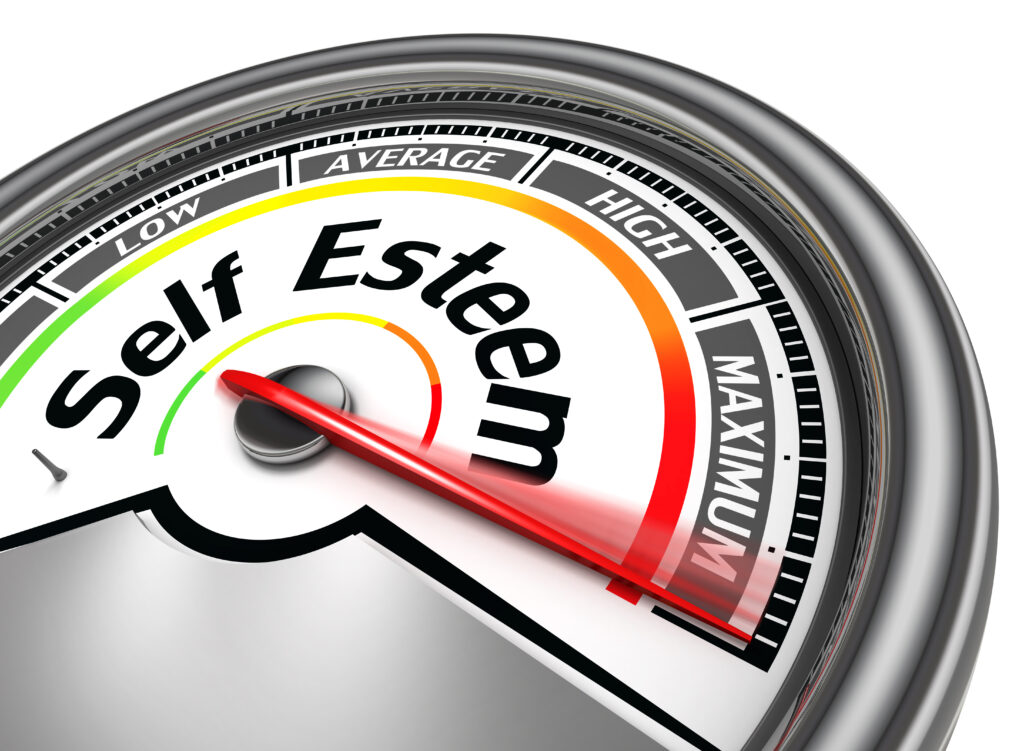Building Self-Esteem

Self-esteem is the opinion that you have of yourself. It is how you feel about yourself. Do you consider yourself a person of value? Are you proud of the work you do, the things you’ve accomplished, the person that you are? One would think that self-esteem should be relatively easy to come by. But this is not the case. What you think of yourself is highly influenced by the “messages” you hear from any number of people that speak to your worth and value. Of course, you, and every other individual, is truly priceless. You have a unique contribution to make to the world. No one else can make it in the exact same way that you can—but remembering that is not always easy.
Good self-esteem allows you to take a chance on you—to try new things, respect yourself even when you make mistakes, and hold your head high and feel proud of your accomplishments. When you feel good about yourself you are more likely to make good choice. You will be less likely to follow the lead of others when you believe that this action does not line up with how you see yourself. You will make decisions based on what is best for you, holistically—body, heart, mind, and spirit—and say no to those things which are not in your best interest.
It is important to hear about what you have done right. Too often we focus on the behavior to correct, the decision that needs to be reversed, and less on those things that we do correctly. Taking time to celebrate success makes examining the mistakes easier. Encouraging words from others—peers and adults—helps to build good self-esteem.
Building self-esteem in youth is not about giving them opportunities to “brag” and share a false picture. It needs to be thoughtful recognition for a job well done as well as progress made along the way. Be especially attentive to “events” that can alter a child’s self-esteem—moving to a new neighborhood, family struggles such as divorce or illness, physical changes (puberty, weight gain or loss, skin breakouts) and any number of things that indicate to kids that they are just not “okay”. Nothing builds self-esteem like success. Create an environment where young people are set up to be successful and then celebrate those successes. Intentionally tie the success to two things—what was done and the capabilities of the youth which allowed them to accomplish the result. Remember that praise just for accomplishments can lead us to be “blue ribbon” addicted. The value in self-esteem is personal worth—certainly what you do, but more importantly, who you are.
Learn more about Consult 4 Kids by checking us out on our website at www.consultforkids.com or by calling us at (661) 665-8270.
